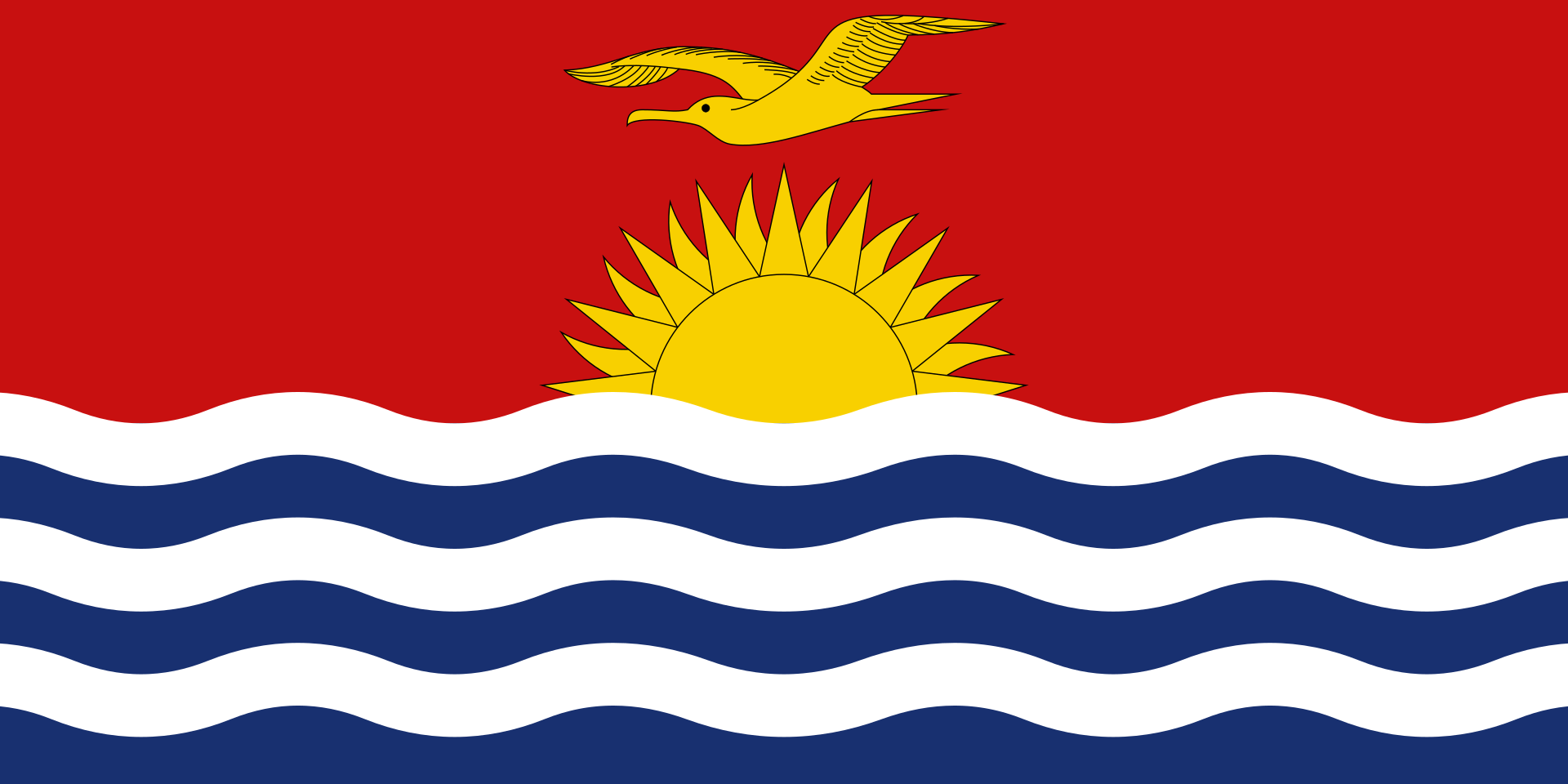Population
10,397,892
Last updated:
1 NovArea
92,212 km2
Last updated:
1 NovCurrency
Euro (€) (EUR)
Last updated:
1 NovOfficial Language
Portuguese
Last updated:
1 NovPhone code number
+351
Last updated:
1 NovInternet TLD
.pt
Last updated:
1 NovAverage monthly salary
2,200 $
Last updated:
1 NovTotal millionaires
136,430 persons
Last updated:
1 NovTotal billionaires
1 persons
Last updated:
1 NovMilitary power
Passport rank
5
Last updated:
1 NovVisa free
187 country
Last updated:
1 NovReligions in Portugal
84.3% Christianity
*81.0% Roman Catholic
*3.3% Other Christians
6.8% No religion
0.6% Others
8.3% Undeclared
Info about Portugal (History)
Portugal is a country whose mainland is on the Iberian Peninsula in southwestern Europe, whose territory also includes the archeology of the Atlantic Ocean in the Azores and Madeira Islands. Characterized by the westernmost point of mainland Europe, the west and south of the Iberian Peninsula border the Atlantic Ocean, and the north and east border Spain, the only country bordering Portugal. The two archipelago forms two autonomous regions with their own local governments. The official language and national language is Portuguese. Lisbon is the largest city in the capital.
Portugal is the oldest nation-state on the Iberian Peninsula and one of the oldest in Europe, and its territory has been continuously settled, invaded and contested since prehistoric times. It was inhabited by former Celts and Celts, visited by Phoenicians-Carthages, ancient Greeks, ruled by the Romans, and then invaded by the Suebi and Visigoth Germanic. After the Moors invaded the Iberian Peninsula, most of its territory was part of Al-Andalus. Portugal as a country was founded during the early Christian Reconquista. Founded in 868, the Portuguese county became famous after the Battle of San Mamede (1128). The Kingdom of Portugal was later proclaimed following the Battle of Ourique (1139), and independence from Leon was granted by the Treaty of Zamora (1143).
In the 15th and 16th centuries, Portugal established the first global maritime and commercial empire and became one of the world's major economic, political and military forces. During this period, today called the Age of Discovery, Portuguese explorers pioneered maritime exploration. Discovery of what will become Brazil (1500). During this time, Portugal monopolized the spice trade, divided the world into hemispheres of control with Castilla, and the empire expanded with military operations in Asia. However, events such as the 1755 Lisbon earthquake, the occupation of the country during the Napoleonic Wars, and Brazil's independence (1822) have largely wiped out Portugal's former affluence. The civil war over the succession of the throne between Portuguese liberal constitutionalists and conservative absolutists continued from 1828 to 1834.
After the 1910 revolution dismissed the monarchy, the democratic but unstable First Portuguese Republic was established and later replaced by Estado Novo's authoritarian government. After the Carnation Revolution (1974), democracy was restored and the Portuguese Colonial War was over. Shortly thereafter, independence was granted to almost all foreign territories. The transfer of Macau to China (1999) marked the end of what could be considered one of the longest-lived colonial empires in history.
Portugal has had cultural, architectural and linguistic influences around the world, with approximately 250 million Portuguese speakers and the legacy of many Portuguese-based Creole. It is a developed country, highly economical, and has a high standard of living. In addition, it is valued for peace, democracy, press freedom, stability, social progress and prosperity. A member of the United Nations, the European Union, the Schengen Area and the Council of Europe (CoE), Portugal was also one of the founding members of NATO, the Eurozone, the OECD and the Community of Portuguese Language Countries.
Important information about Portugal
1- What is the population of Portugal?
answer: The total population of Portugal is 10,397,892 in 2021.
2- Who is the president of Portugal?
answer: Marcelo Rebelo de Sousa is the current president of Portugal.
3- What is the area of Portugal?
answer: The total area of Portugal is 92,212 km2 .
4- What is the official language of Portugal?
answer: The official language of Portugal is Portuguese .
5- What is the currency of Portugal?
answer: The currency of Portugal is Euro (€) (EUR) .
6- How much is the average salary in Portugal?
answer: The average salary in Portugal is 2200$ in 2021.
7- What is the passport rank of Portugal?
answer: The passport rank of Portugal is 5 in 2021.
8- How many countries we can travel with passport of Portugal without visa?
answer: You can travel to 187 countries with passport of Portugal .
9- What is the phone number code of Portugal?
answer: The phone number code of Portugal is +351 .
10- What is internet TLD of Portugal?
answer: The internet TLD of Portugal is .pt
11- How many billionaires are in Portugal?
answer: The total number of billionaires in Portugal is " 1 person" in 2021.
12- How many millionaires are in Portugal?
answer: The total number of millionaires in Portugal is " 136,430 person" in 2021.





